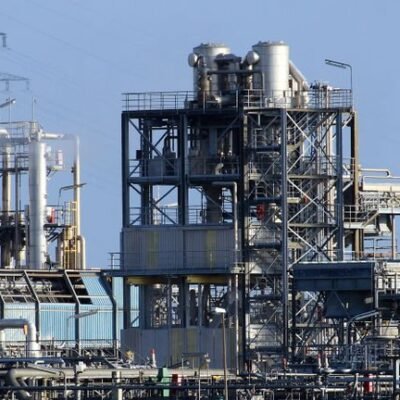What’s going on here?
Investors are cautiously optimistic about the UK’s new Labour government after its landslide election victory, but they need convincing from Prime Minister Keir Starmer regarding his economic growth plans before making long-term investments.
What does this mean?
Sterling, the strongest major currency against the dollar this year, saw a slight bump on Friday following Labour’s win. The FTSE 250 index hit its highest level since April 2022, outperforming the more global FTSE 100 index. With the FTSE-All Stock Index valued at £2.4 trillion ($3.07 trillion) – less than individual US tech giants like Apple – Labour faces the tough task of balancing growth with managing public debt, expected to exceed 100% of GDP. They’ve pledged to improve Britain’s infrastructure and address the housing shortage while keeping spending tight. Investors remain hopeful but cautious, awaiting Starmer’s detailed economic plans.
Why should I care?
For markets: Navigating uncertainty.
Sterling’s trade-weighted value has bounced back to pre-Brexit levels, reflecting cautious optimism. However, high public debt and rising taxes challenge the economic outlook. Marlborough’s Chief Investment Officer holds a neutral view on UK stocks but is slightly positive on gilts, anticipating Bank of England rate cuts. Despite Labour’s win, $5.9 billion was pulled from UK equity funds in June – the 44th straight month of outflows. Confidence is tentative as investors await detailed economic measures and Starmer’s first budget.
The bigger picture: Global shifts ahead.
Investors look forward to stable leadership under Keir Starmer and finance minister Rachel Reeves, a former Bank of England economist. This stability might attract overseas investors, unlike the volatility seen under previous administrations. UBS’s Head of European Equity Strategy noted rising interest from US and Asian investors, though it hasn’t yet translated into strong market performance. The UK’s low business investment ranking among OECD countries highlights structural issues needing address to boost productivity and attract direct foreign investment. Investors are hopeful for Labour’s potential stability but await detailed policy plans to shift from uncertainty to real progress.




